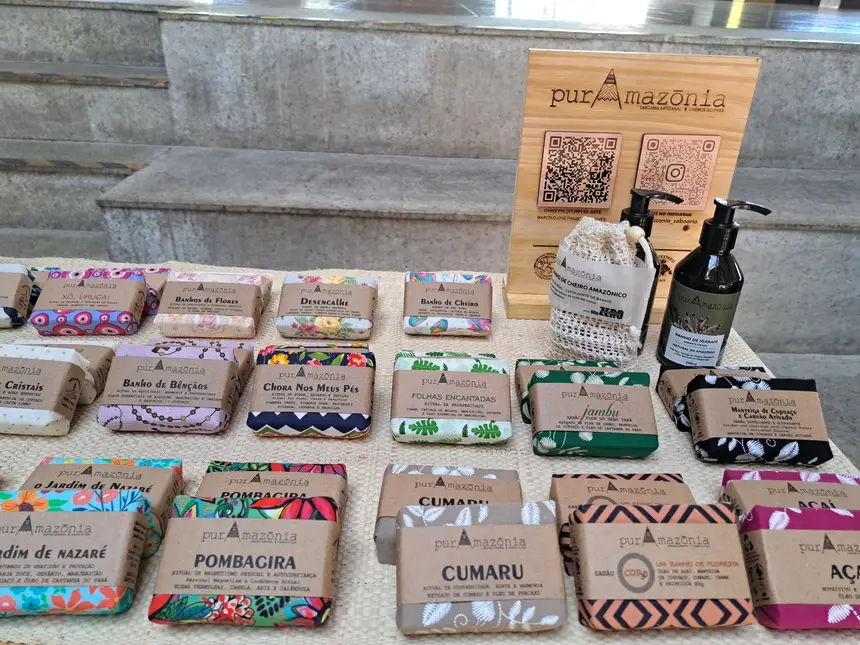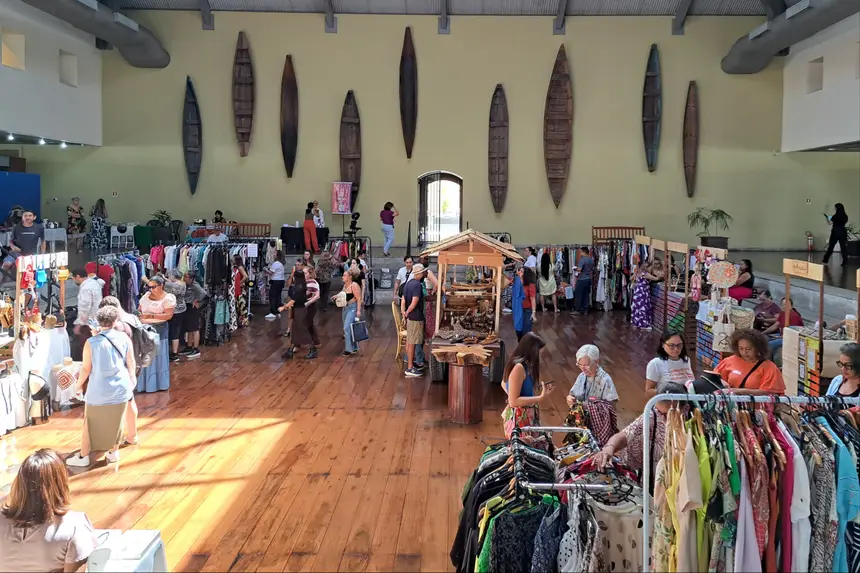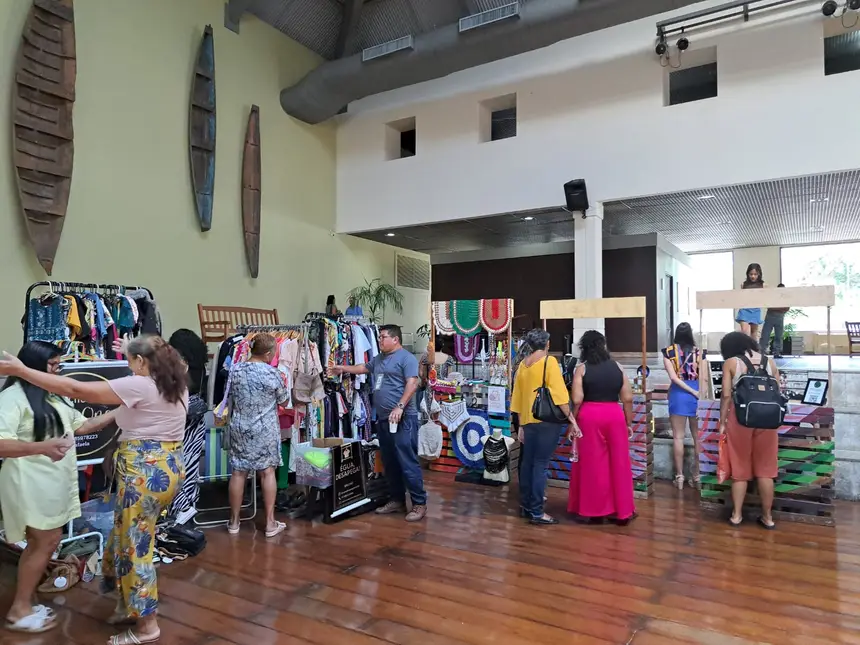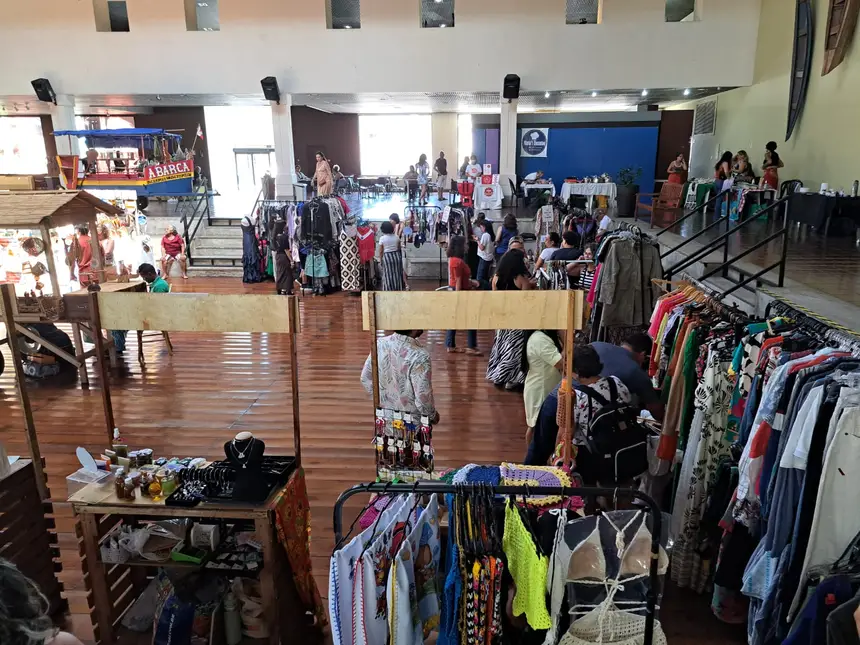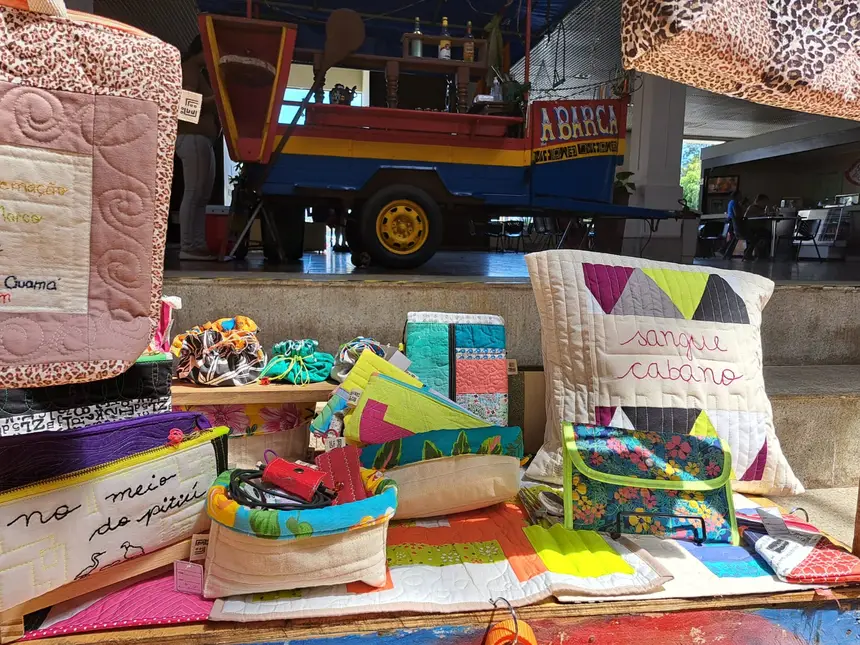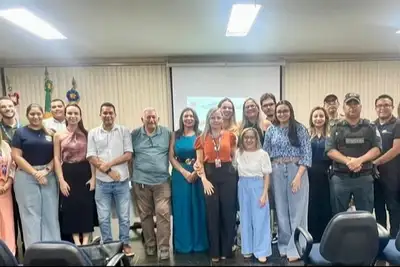Amazônia Criativa Fair fosters creative economy at Espaço São José Liberto
Event brought together original creations of sustainable fashion, handicrafts with regional identity, and natural cosmetics, generating income for local entrepreneurs
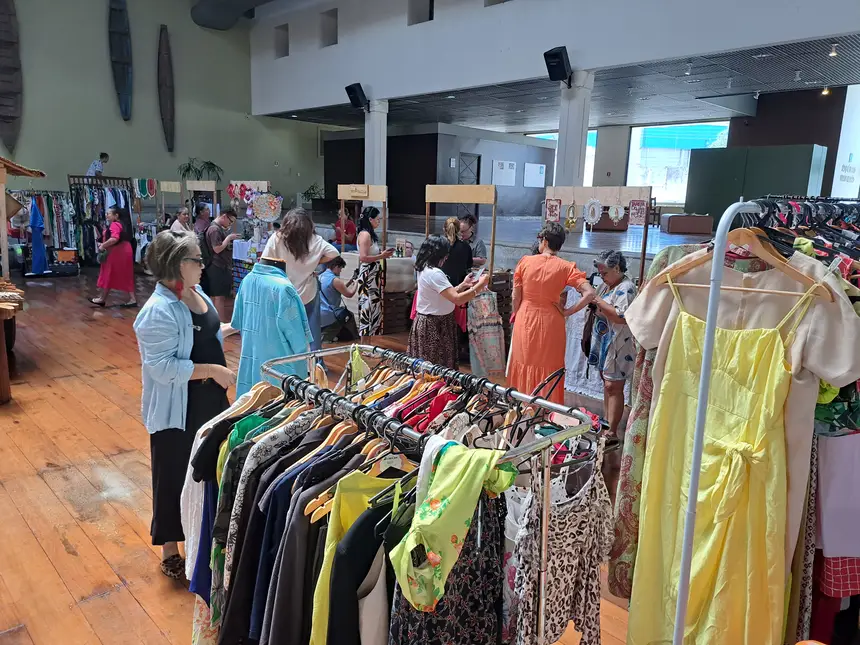
About 30 entrepreneurs participated in the 7th edition of the Amazônia Criativa Fair, held this Saturday (2) at Espaço São José Liberto (ESJL) in Belém. The event brought together original creations of sustainable fashion, handicrafts with regional identity, and natural cosmetics, celebrating Amazonian diversity.
Organized by Casa Circular, with the support of Sedeme, the fair strengthens the creative economy by increasing the visibility of local entrepreneurs and fostering connections between sustainable culture, income generation, and conscious consumption.
Visitors to ESJL found, in one space, circular fashion with the participation of thrift stores, as well as accessories like earrings, necklaces, and bags, natural cosmetics, and other items that reflect a commitment to the circular economy and responsible consumption. The program also featured musical attractions with DJ performances, as well as representatives from Pará's gastronomy and regional handicrafts.
Among the exhibitors were Marcelo Fialho and Agis Elias Júnior, co-owners of the artisanal soap company PurAmazônia — a brand that develops handmade products with natural herbs. The products are inspired by the traditional scented baths of Amazonian culture, and the artisanal soaps use natural ingredients.
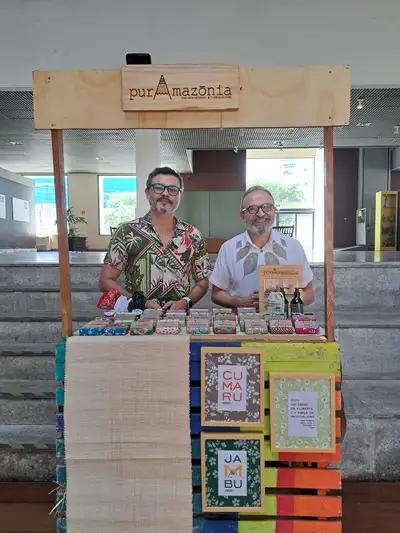
Agis Júnior emphasizes that all production is artisanal, with herbs sourced from suppliers who practice sustainable extraction. He also cultivates a herb garden at home with species such as boldo, lemon balm, sea grass, and mint.
“Our products carry sustainability from the raw material to the final packaging. The soaps are packaged in recyclable paper and reusable chita fabrics, which can be repurposed after use,” said Agis.
Agis Júnior stated that PurAmazônia's proposal combines innovation, tradition, and respect for the forest at every stage of the process. He also emphasizes the importance of creating visibility spaces at fairs aimed at small entrepreneurs, which are essential for strengthening sustainable initiatives.
Craftswoman Érika Lessa, founder of Tareno Artesanal, also attended the exhibition. Her brand specializes in creative sewing, using patchwork techniques, which involve joining pieces of fabric to form new patterns, and quilt, the name given to the final piece composed of three layers: top, batting, and backing. From these practices, she transforms fabrics into unique creations, hand-stitched, such as bags, cushions, tapestries, placemats, and other pieces with personalized aesthetics.
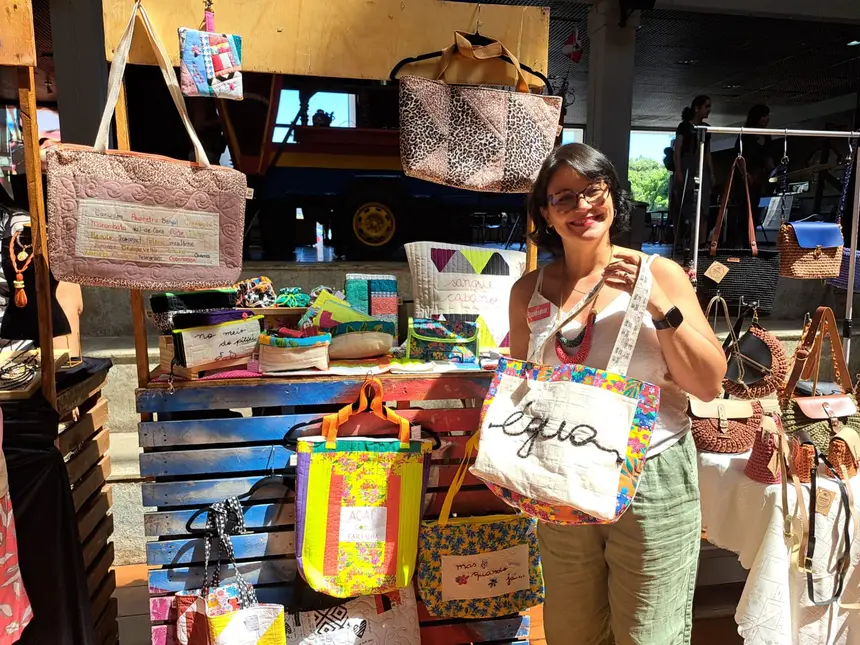
Érika explains that fashion is among the most polluting sectors in the world and, therefore, she always seeks to use natural fibers in her creations. Her products include fabrics such as tricoline, chita, and raw cotton, all 100% pure.
“I work with conscious fashion, fully utilizing the fabrics and using all available material. My goal is to eliminate waste and keep trash generation to a minimum, repurposing all leftovers. The scraps that arise during the manufacturing process are carefully stored: the larger ones are used to create new mosaics or designs, while the smaller ones become stuffing for cushions,” emphasized Erika.


